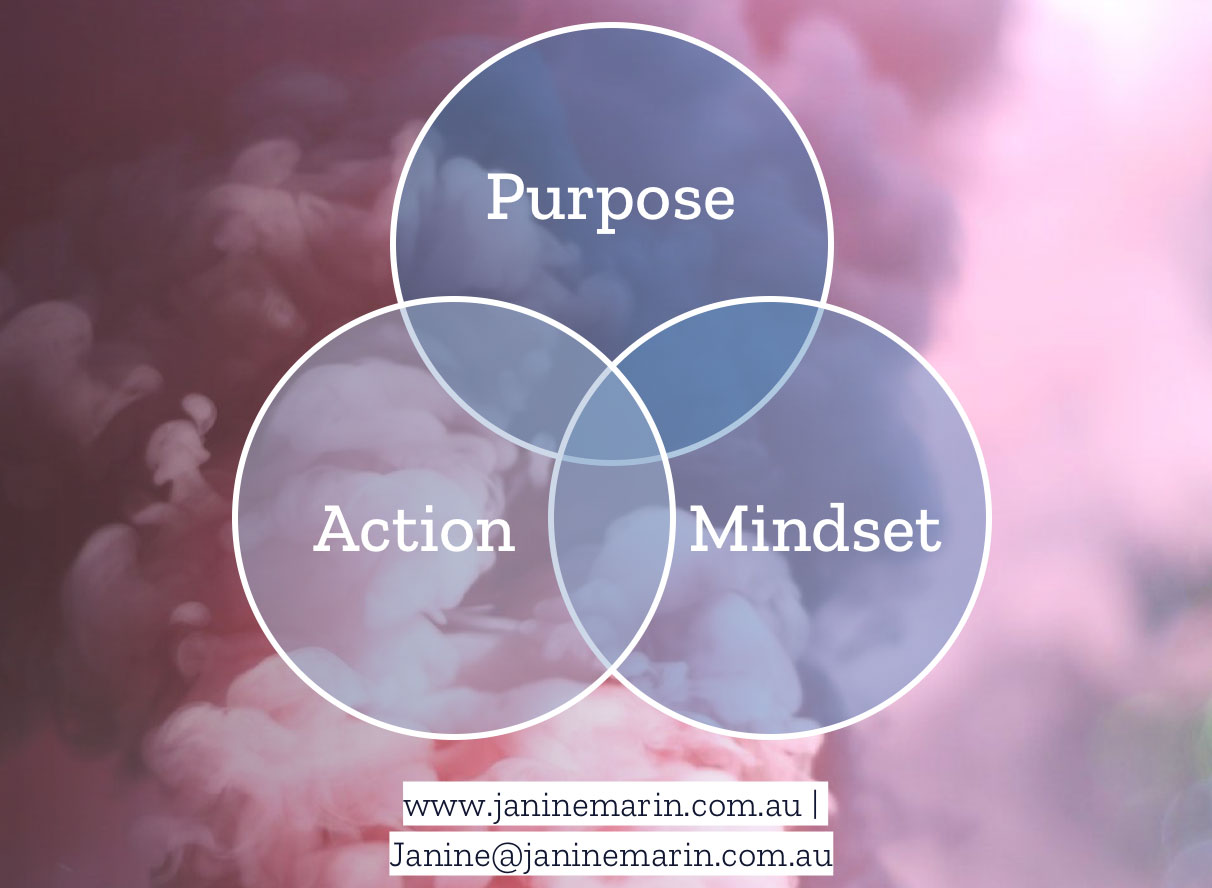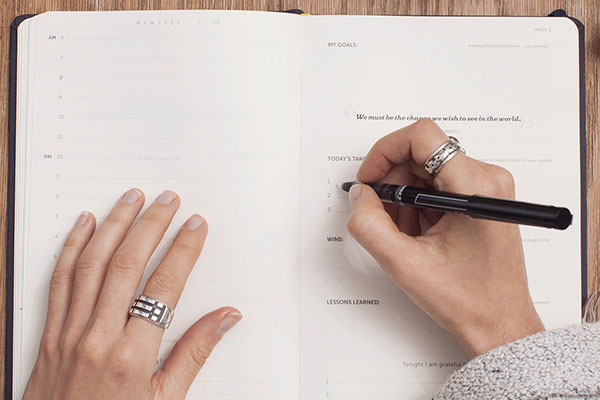How to set goals properly
I’m a goal setter – I’ve set goals all my life. I can’t remember when I started setting goals but what I do remember is that I would write my goals on paper and stick them on my wall. Since 2008 I would write goals every year and I would tweak these as the year developed. In 2012 I had 80% of my goals accomplished – without even realising it – and some of them were pretty big. I remember crossing each one out with yellow highlighter, pride washed across my face. I developed a particular format to create my goals, which i’ve used ever since to reach my goals. You can download it here.
Goals are hard. I get this. In the two years between 2013-2015 when I went on a goal-setting hiatus it wasn’t because I didn’t have ambition or drive. It was the contrary – I was depressed with my career, I felt no-one took me seriously and I knew I was destined for something greater. I didn’t set goals in that time because I was scared. I didn’t believe I could have the career I wanted, so why bother?
Well, what I’ve realised is that goals are like a GPS to the life you know you’re meant to live.
Goals get you to the work you want to do, to be with the people you enjoy, and to become the best version of yourself possible. Goal getting – not merely setting them – is the hardest part, but the payoff is living your life to your fullest potential, and isn’t that something we all want?
Here are six habits to avoid if you want to achieve your goals
So, why do so few people set goals?
1. They dream it and don’t believe it
Some people really don’t believe they’re worthy of attaining a given goal. They don’t believe they can achieve the goal or deserve it, so they sabotage their chances of realising their goal. If you don’t believe in yourself to do something only you can do, how can you expect to achieve it?
2. They set & forget
Writing a list of goals and leaving them to build dust does nothing but waste paper and ink! Goal-setting is not something you write down and leave. It demands constant review and tweaking because as your life constantly changes your goals have to match these changes, too.
3. Your ‘Why’ isn’t clear
What does your goal mean to you? What makes this goal important for you to achieve. How will your life change because of it? Understanding why this goal matters to you – and you only – gives you the motivation and commitment you need to achieve the goal.
4. Fear of failure & success
Not achieving goals can make you feel like a failure – an emotion no-one wants to voluntarily put on themselves. Though the opposite could be true with fear of success. You fear people might be envious of your success or once you reach that goal it’s downhill from there. Regardless of which way you feel, it’s a lose-lose situation for realising your potential and changing your life.
5. Comfort Zoned
Ah the comfort zone – it’s a cosy place that’s safe. The thing with this cosy zone, is the longer you stay there the longer you stay stagnant. Goals drive you out of your comfort zone. They challenge you to think big and make positive changes in your life.
6. Don’t know what they really want
Goals work best when you’re clear on where you want to go. If you don’t have a destination in mind, then you’ll never know which road to take to get where you want to go. The problem with having too many goals or not being crystal clear on that end-goal, you’ll be forever changing course and falling short of your potential.
Goal setting is important, it does not matter where you are in life. As a woman passionate about her career and coaching women on theirs, I know how utterly important it is to set goals. The idea of formal goal setting has been around for more than 80 years, yet still few people actually do it.
In fact:
- 80% of people never set goals for themselves
- A whopping 92% of New Year’s goals fail by January 15th
- Only 3% of adults write down their goals on paper
There is a vast amount of research on the science of goal-setting and why it works. Some interesting research shows that goals activate our brain’s reward system causing dopamine to be released, while another study showed that the brain cannot distinguish between things we want and things we have, so setting a goal invests ourselves into the target as if we’d already accomplished it. Interesting, huh?
I believe the key to successful goal-getting (not just setting) encompasses three areas:

Purpose – What does this goal mean to you. Why is this important to your wellbeing? You must ensure your purpose is about you and includes factors that you can control.
Mindset – The mindset you have when you plan your goals can make or break them. People who don’t believe they can do something have what psychologists call a “fixed” mindset. They believe they are stuck and can’t do anything about it. Their fate was set at birth. By contrast the belief that everyone’s intelligence and ability is developed over time is a “growth mindset.” People with a “growth mindset” are much more likely to succeed in their goals. To believe is to succeed!
Action – What actions will you take AND how will those actions make you feel? Again, these actions have to be within your control and you to specify what feelings you will get by doing these actions. For example: My goal is to get two job interviews for jobs that pay at least 120k in the next six months. I’m going to feel so proud of myself because I invested time and money into a professionally written LinkedIn three months ago and it worked out really well. Allow yourself to tap into the feeling associated with achieving or receiving what you desire.
Goals are the key to unlocking your potential, so you can live the life you want. Goals aren’t easy and that’s a good thing, because if they were we wouldn’t appreciation the satisfaction of achieving them.
Happy goal setting!
[et_bloom_locked optin_id=optin_1][/et_bloom_locked]



